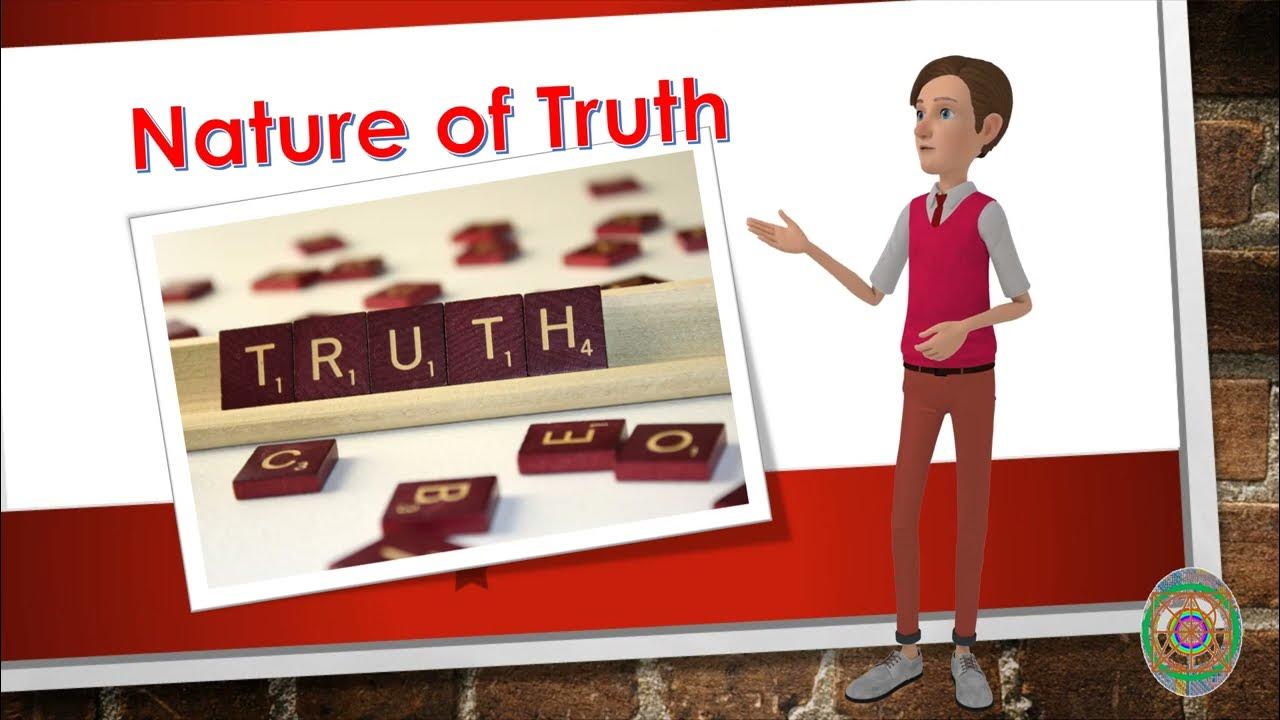Conocimiento, verdad y justificación
Summary
TLDRThis video delves into the nature of truth and justification, exploring three theories: pragmatic, coherentist, and correspondence. It discusses the complexities of knowledge, emphasizing that knowledge is more than just justified true belief, as shown by Gettier examples. The video highlights the relationship between justification and truth, addressing the normative aspects of justification. It also examines foundationalism, arguing that basic beliefs serve as the foundation for non-basic beliefs, and contrasts it with coherentism, which suggests beliefs can mutually justify one another. The philosophical discourse emphasizes the interconnectedness of beliefs shaped by culture and society.
Takeaways
- 😀 There are three main theories of truth: pragmatic, coherentist, and correspondence.
- 😀 The pragmatic theory states that beliefs are true when they fulfill our desires.
- 😀 The coherentist theory claims that a belief is true if it fits with our other beliefs.
- 😀 The correspondence theory argues that a belief is true when it matches what exists in the external world.
- 😀 Knowledge is defined as justified true belief, but it involves more than just this definition.
- 😀 Examples from Gettier demonstrate that one can have justified true belief without possessing knowledge.
- 😀 Justification and truth are related but not identical; something can be justified but not true.
- 😀 Philosophers argue that individuals have an obligation not to believe unsupported claims.
- 😀 Propositions can be categorized as a priori or empirical and as basic or non-basic.
- 😀 Foundationalists believe that the justification of non-basic beliefs relies on basic beliefs.
Q & A
What are the three main theories of truth mentioned in the transcript?
-The three main theories of truth are the pragmatic theory, the coherentist theory, and the correspondence theory.
How does the pragmatic theory define truth?
-The pragmatic theory defines a belief as true when it provides what we want or fulfills our desires.
What does the coherentist theory state about beliefs?
-The coherentist theory states that a belief is true if it fits well with our other beliefs, forming a cohesive system.
According to the correspondence theory, when is a belief considered true?
-A belief is considered true under the correspondence theory when it corresponds to something that exists in the external world.
What is the relationship between knowledge and justified true belief?
-Knowledge is defined as a justified true belief; to claim knowledge, one must believe something that is true and justified.
What are Gettier examples, and what do they demonstrate?
-Gettier examples show that one can have a justified true belief without actually having knowledge, challenging the traditional definition of knowledge.
How do philosophers differentiate between basic and non-basic beliefs?
-Basic beliefs are those known to be true without inference from other beliefs, while non-basic beliefs are inferred from other beliefs.
What is foundationalism, and how does it relate to basic beliefs?
-Foundationalism is the view that non-basic beliefs are justified based on basic beliefs, which serve as the foundational support for other beliefs.
What was Descartes' most fundamental belief, and how did he use it?
-Descartes' most fundamental belief was 'I think, therefore I am' ('Cogito, ergo sum'), which he argued could justify all other non-basic beliefs.
What argument did Wilfred Sellars present against the idea of basic beliefs?
-Wilfred Sellars argued that all our beliefs depend on others acquired from our culture and society, suggesting that there are no truly basic beliefs.
Outlines

此内容仅限付费用户访问。 请升级后访问。
立即升级Mindmap

此内容仅限付费用户访问。 请升级后访问。
立即升级Keywords

此内容仅限付费用户访问。 请升级后访问。
立即升级Highlights

此内容仅限付费用户访问。 请升级后访问。
立即升级Transcripts

此内容仅限付费用户访问。 请升级后访问。
立即升级浏览更多相关视频

SHS Philosophy Q1 Ep4: Distinguishing Opinion from Truth

Nature of Truth

Methods of Philosophizing (Tagalog-English) - Philosophy of the Human Person

The Nature of Truth - Epistemology | WIRELESS PHILOSOPHY

Kebenaran Ilmiah

Falsafah Dan Isu Semasa : 6 (B) Epistemologi (Teori Kebenaran, Sains, Revolusi Sains)
5.0 / 5 (0 votes)
